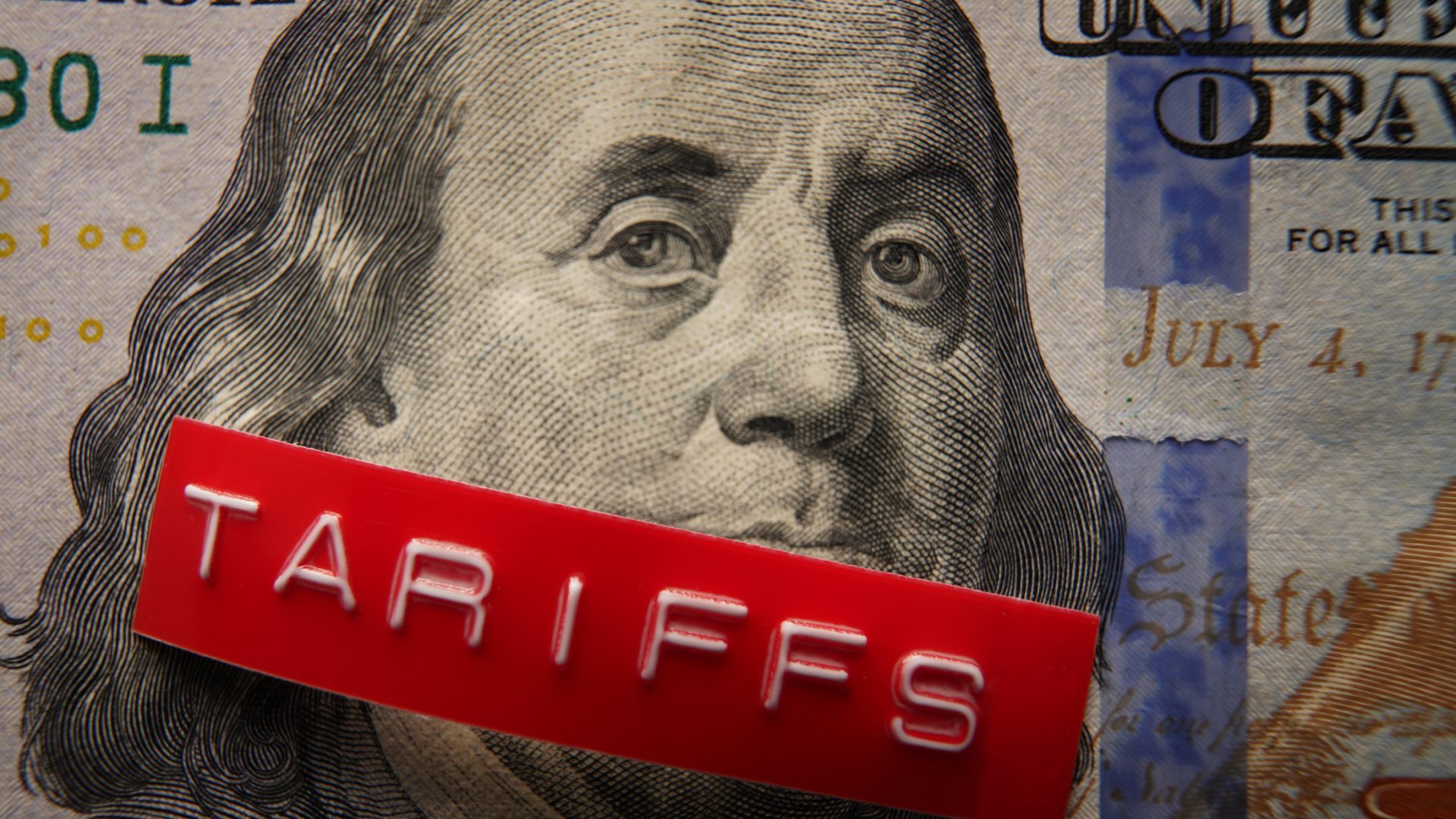
One idea to give American families and consumers a break from any tariff-related pain is to provide rebates. Senator Josh Hawley introduced a bill to give tariff rebate checks to workers and families this year.
As noted by Newsweek, the bill would allow for larger payments if there’s an increase in tariff revenue. As of right now, the payments could total at least $600 per adult and dependent. Is this a good or bad sign for your wallet? Find out below.
Trending Now: I Asked ChatGPT What the Point of Trump’s Tariffs Are: Here’s What It Said
For You: 3 Reasons Retired Boomers Shouldn't Give Their Kids a Living Inheritance (And 2 Reasons They Should)
A Not-So-Clear Answer
Andrew Lokenauth, money expert from Be Fluent in Finance, said he’s spent a lot of time helping clients navigate tax policy changes and noted this tariff rebate situation isn’t as straightforward as it seems.
“That $600 per person sounds nice — and my clients are already asking about it — but here’s what I’m seeing in my practice,” Lokenauth said. “The average family is actually paying about $1,300 more annually due to tariff-related price increases. That $600 rebate? It only covers about five months of these increased costs — and that’s being optimistic.”
Check Out: Trump Wants To Replace Income Taxes With Tariffs: 2 Impacts on the Middle Class
Possible Tax Implications
Lokenauth said he’s analyzed similar stimulus programs and added that these kinds of payments almost always create ripple effects that come back to bite us.
“The tax implications are my biggest worry,” he said. “After the COVID stimulus payments, I watched the government scramble to make up the deficit. Several of my high-net-worth clients got hit with surprising tax changes that effectively clawed back their stimulus money — plus some. I’m seeing similar patterns forming here.”
Per Lokenauth, these tariff rebates would likely trigger a series of compensatory tax adjustments. Based on his analysis of the Treasury reports, Lokenauth said we’re looking at a potential reduction in tax deductions and credits by 2026. He said one of his business-owner clients would lose about $15,000 in deductions under the proposed framework.
Saving or Spending
“Here’s my honest assessment — we’re essentially borrowing from our future selves,” Lokenauth said. “I’ve seen this movie before and it usually ends with higher taxes, reduced benefits or both. That’s why I’m telling my clients to save these payments rather than spend them.”
More From GOBankingRates
- 7 McDonald's Toys Worth Way More Today
- 5 Old Navy Items Retirees Need To Buy Ahead of Fall
- 4 Things You Should Do When Your Salary Hits $100K
- 6 Popular SUVs That Aren't Worth the Cost -- and 6 Affordable Alternatives
This article originally appeared on GOBankingRates.com: Tariff Rebates: Windfall or Warning Sign? What It Could Mean for Your Wallet Beyond Summer







